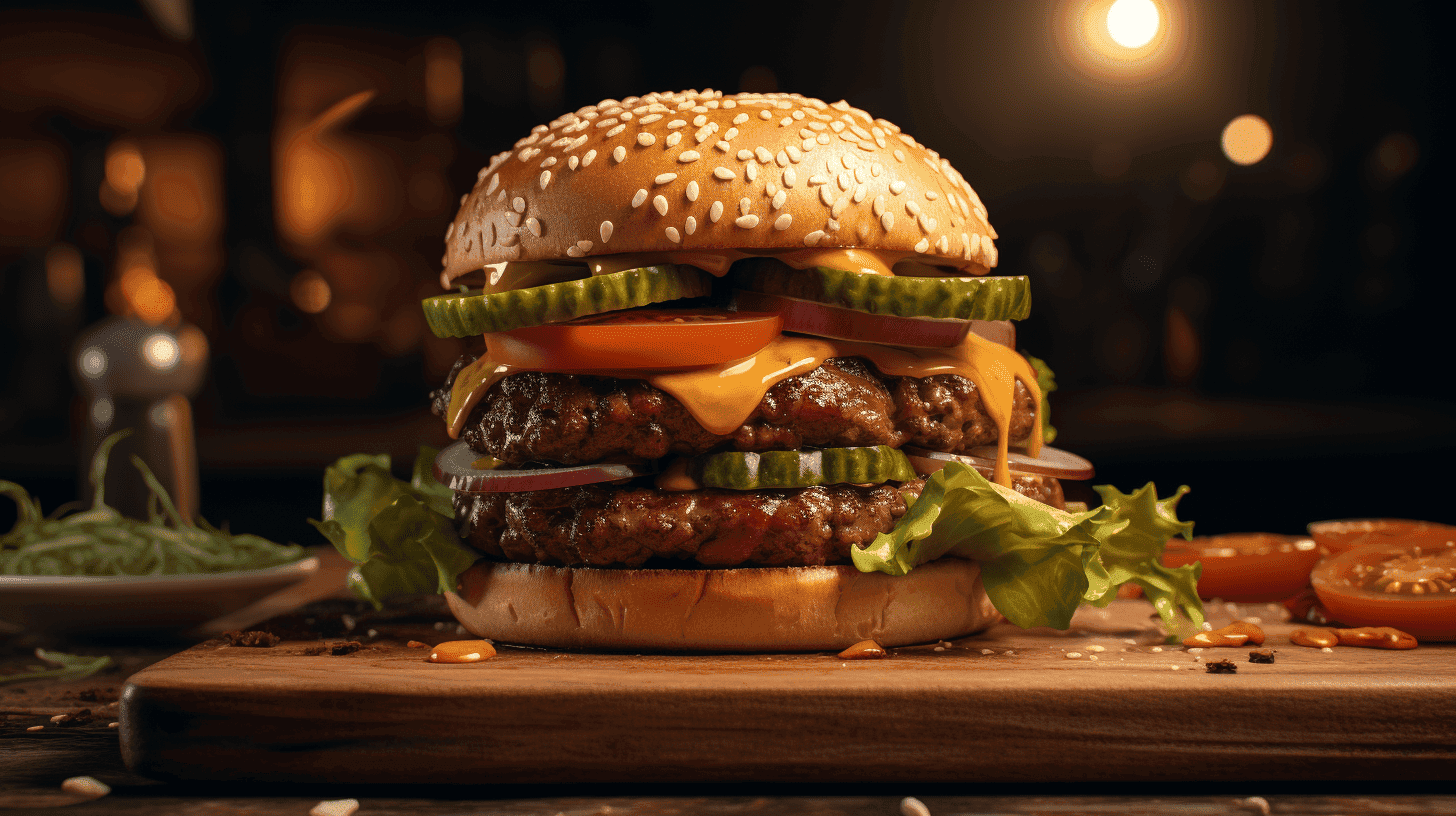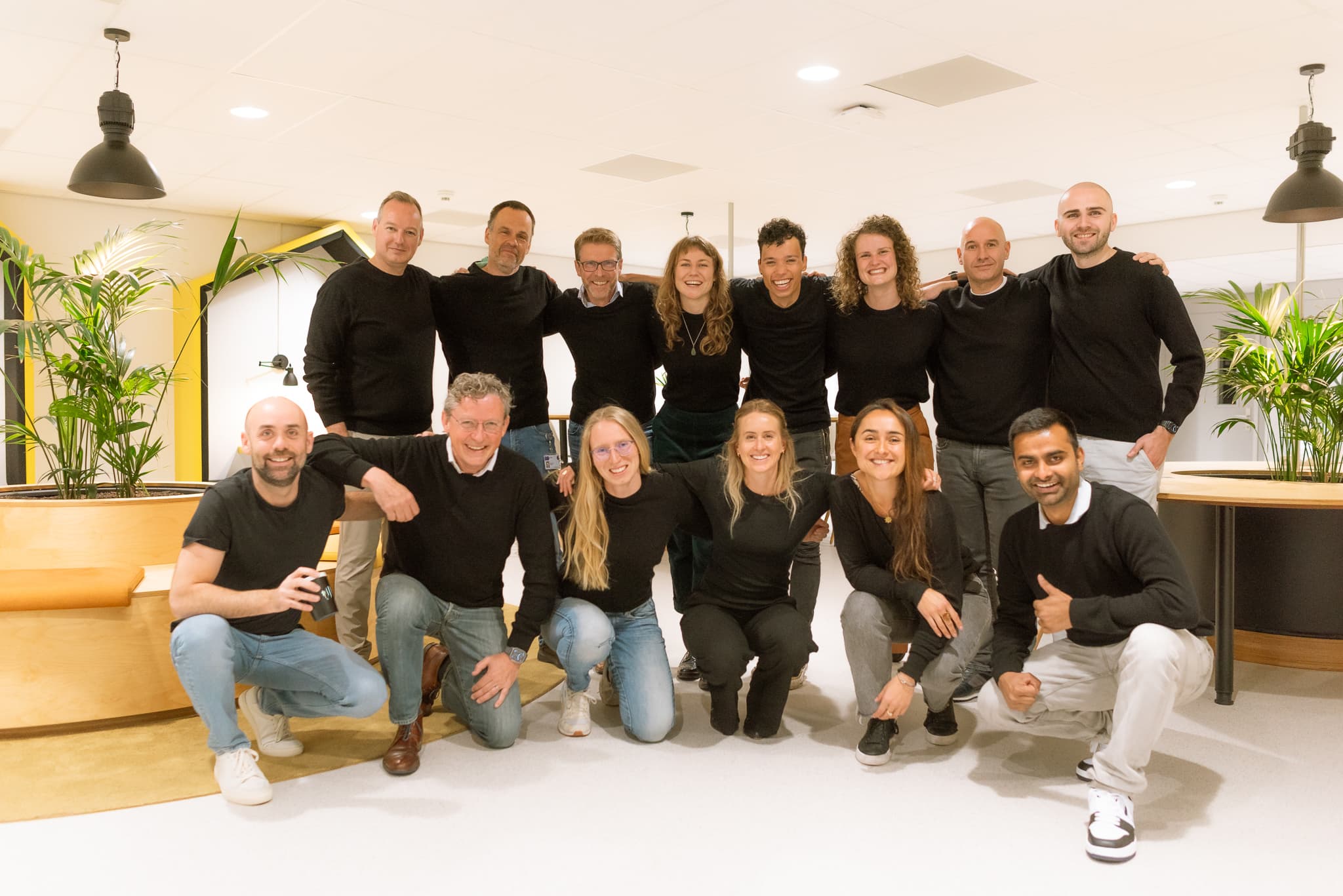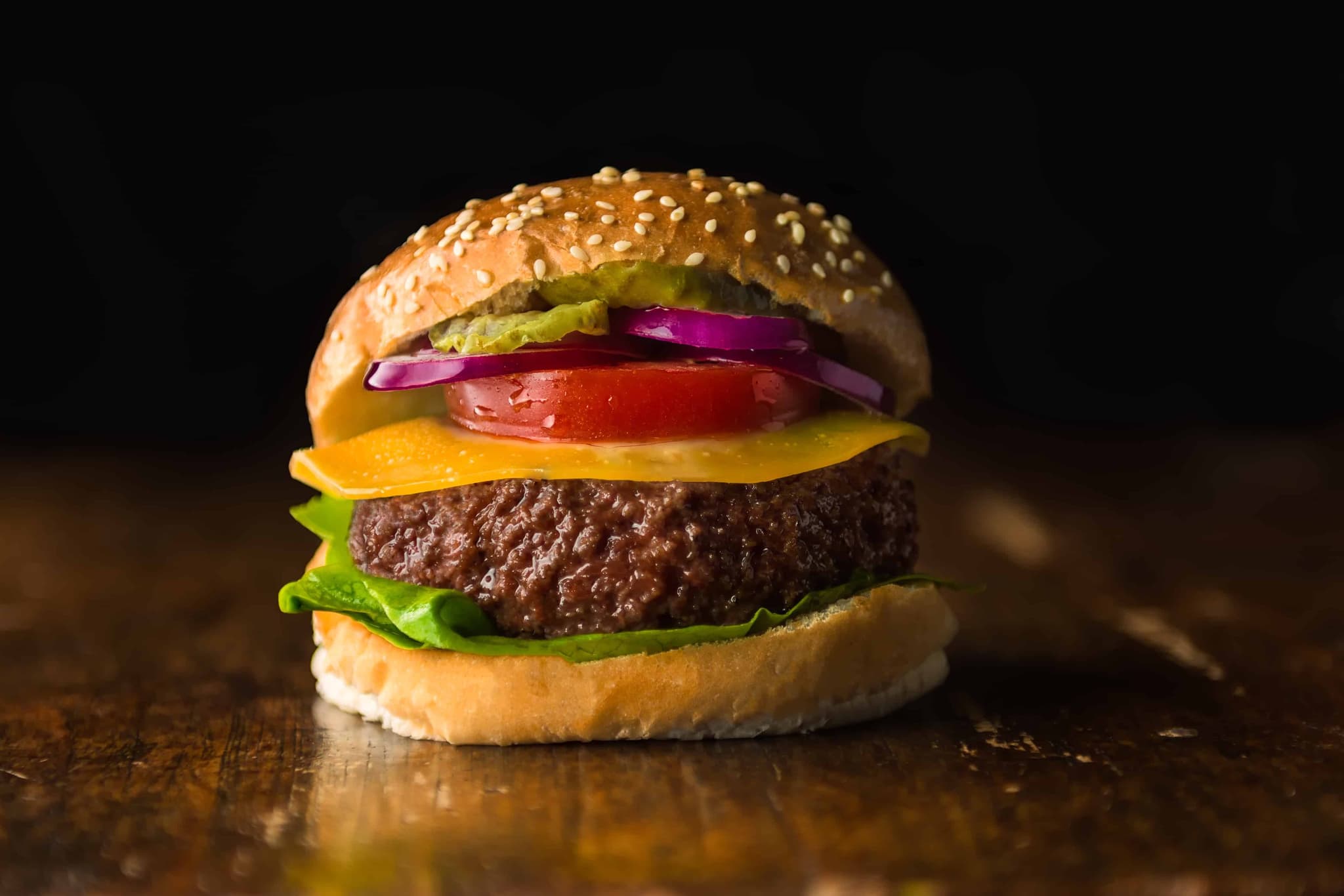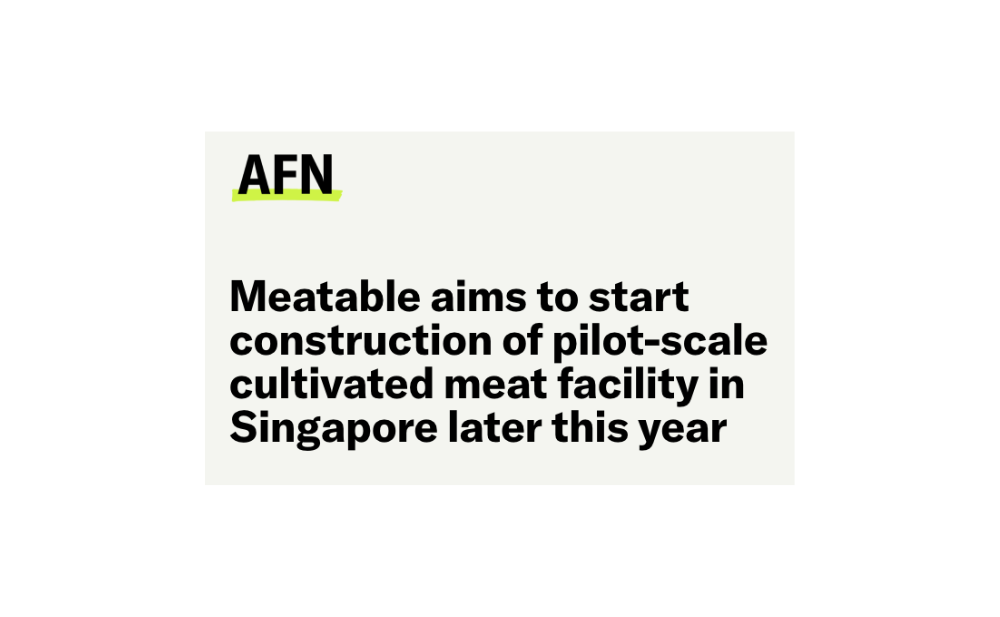
A third of greenhouse gases come from food production. As the population grows and climate change impacts farming, sustainable protein alternatives are essential.
According to the United Nations, approximately one-third of the world’s greenhouse gas emissions are attributed to food production. In short, the way we produce food is not sustainable. However, the world population is projected to grow in the coming decades, meaning that we will need to feed more people. In addition, climate change is straining conventional food production methods.
We need sustainable alternatives, particularly in the production of proteins. Startups and scientists worldwide are researching meat alternatives. Among the developments in this space, precision fermentation holds the greatest promise, enabling the replication of meat proteins without the inputs required to rear animals and significantly reducing emissions. At the same time, significant developments are underway in the valorization of protein from vegetable sources.
September 4, 2025
The CRAFT consortium, consisting of RespectFarms, Wageningen University & Research, Mosa Meat, Aleph Farms, Multus, Kipster, and Royal Kuijpers, is working to build the world's first cultivated meat farm in the Netherlands. This is the first attempt worldwide to combine traditional agriculture with rising cell-based technologies.
July 21, 2025

Did you know that tomato leaves contain as much as 27% protein? Like every other plant, they are rich in Rubisco, an enzyme essential for photosynthesis. Researchers at Wageningen University & Research previously extracted protein from tomato leaves and are still investigating ways to convert what is now an agricultural waste stream into a potentially valuable protein source.
July 14, 2025

Here is an overview of the latest funding rounds:
Rival Foods, based in Geldrop, recently raised €10 million. The company developed a proprietary platform for producing whole-cut meat alternatives - products that accurately mimic the texture, taste, and mouthfeel of animal meats while being fully plant-based, clean-label, and minimally processed.
Another emerging company in the alternative protein space is Vivici. Earlier this year, this startup raised €32.5 million. They are developing alternative protein ingredients using precision fermentation, a technology that engineers bacteria to produce specific ingredients.
Following this investment round, we featured the company's CEO, Stephan van Sint Fiet, in an episode of our Investment of the Month series.
Revyve, a Dutch food tech scale-up, has raised €24 million in a Series B funding round. With this investment, the company aims to scale up the production of functional yeast proteins that can replace eggs and additives in mainstream food categories.
June 10, 2025

One of the Dutch pioneers in the alternative protein space is Mosa Meat, the first company in the world to serve a cultivated meat burger. Taking samples of cow cells as small as a peppercorn, the company grows these cells in the lab, allowing them to develop muscle and fat, just as they would in a cow. Here is an overview of their latest developments.
In a crowdfunding round earlier this year, the company raised significantly more money than it had expected.
At the beginning of 2025, the company had also applied for approval to enter the European Union market for its products.
In 2024, the company secured €40 million in funding, enabling it to reach the market more quickly.

Cultured meat producer Mosa Meat plans to use funding from new and existing partner to bring cultured beef to consumers.
March 5, 2025

Meatable focuses on cultivated pork production. Founded in 2018, the company has since then raised over €100 million. The company’s pioneering opti-ox™ technology and pluripotent stem cells allow them to produce cultivated meat on a large scale, 30 times faster than traditional farming methods.
Meatable now aims to start the construction of a pilot-scale production facility in Singapore - the only country in the world where cultivated meat can be purchased in shops.

Dutch startup Meatable has teamed up with a newly formed company called TruMeat to build a cultivated meat facility in Singapore.
Previously, we also featured one of the co-founders, Krijn de Nood, who shared more about the company's journey in this space.